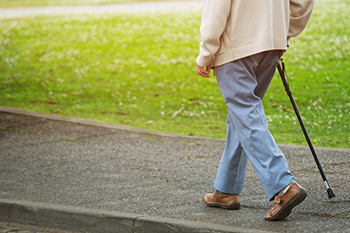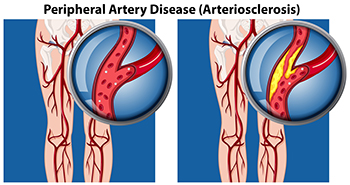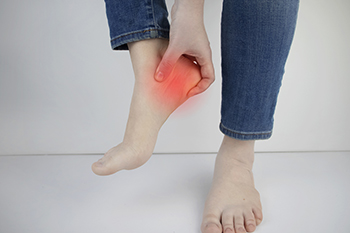
Ankle arthritis can cause chronic inflammation and patients may opt to have ankle fusion surgery done. The inflammation that is found in arthritic patients affects the ankle joint, and it is often difficult to complete daily activities. Ankle fusion surgery may help to limit ankle movement, often resulting in ankle pain relief. This type of surgery can also be effective with improving pain from medical conditions, including a failed ankle replacement or deformity, a bone infection, and degenerative joint diseases. Many patients who have had this type of surgery done notice their gait has improved, their pain has diminished, and their foot has increased stability. The procedure consists of removing the cartilage from the bones, followed by using plates, screws, or bone graft material to fuse them together. A cast is placed on the affected ankle after the surgery, and this is successful in limiting ankle movement. If you have ankle pain for any reason, a podiatrist may guide you toward having this type of foot surgery done that can help to alleviate existing ankle pain from arthritis.
Foot surgery is sometimes necessary to treat a foot ailment. To learn more, contact one of our podiatrists of Foot Health Center of Merrimack Valley. Our doctors will assist you with all of your foot and ankle needs.
When Is Surgery Necessary?
Foot and ankle surgery is generally reserved for cases in which less invasive, conservative procedures have failed to alleviate the problem. Some of the cases in which surgery may be necessary include:
- Removing foot deformities like bunions and bone spurs
- Severe arthritis that has caused bone issues
- Cosmetic reconstruction
What Types of Surgery Are There?
The type of surgery you receive will depend on the nature of the problem you have. Some of the possible surgeries include:
- Bunionectomy for painful bunions
- Surgical fusion for realignment of bones
- Neuropathy decompression surgery to treat nerve damage
Benefits of Surgery
Although surgery is usually a last resort, it can provide more complete pain relief compared to non-surgical methods and may allow you to finally resume full activity.
Surgical techniques have also become increasingly sophisticated. Techniques like endoscopic surgery allow for smaller incisions and faster recovery times.
If you have any questions please feel free to contact one of our offices located in North Andover, and Tewksbury, MA . We offer the newest diagnostic and treatment technologies for all your foot and ankle needs.











